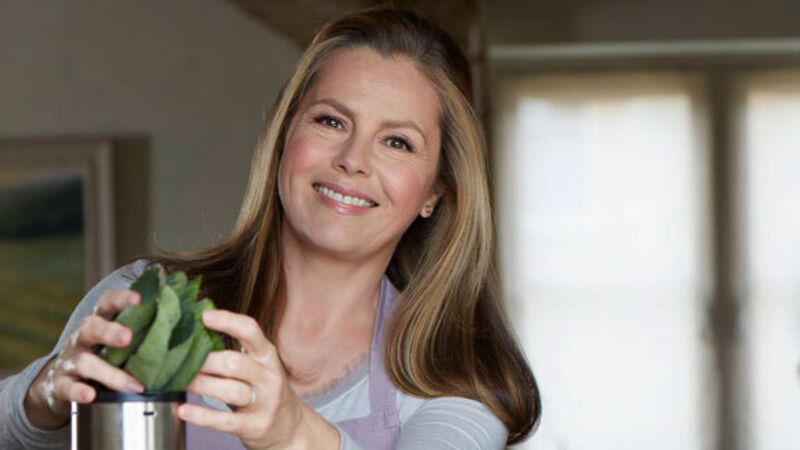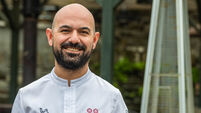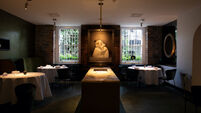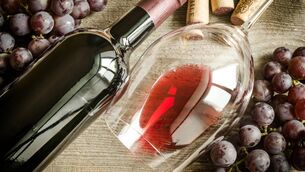Clodagh Finn: Eating your way to glowing skin

Caring for skin has been a lifelong passion, she says, and now she has condensed 30 years of research into a six-week wellbeing plan that literally tells you how to eat your way to better skin.
“I want to put a new focus back on to beauty from within,” she says.








